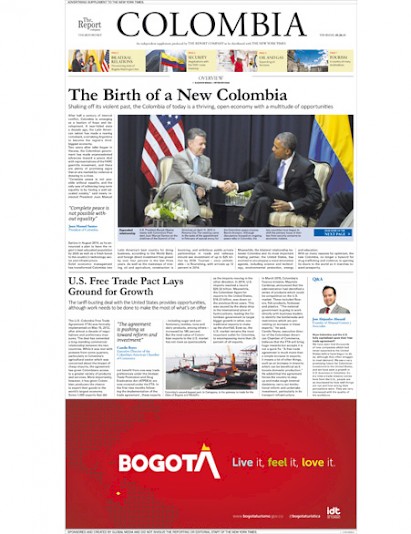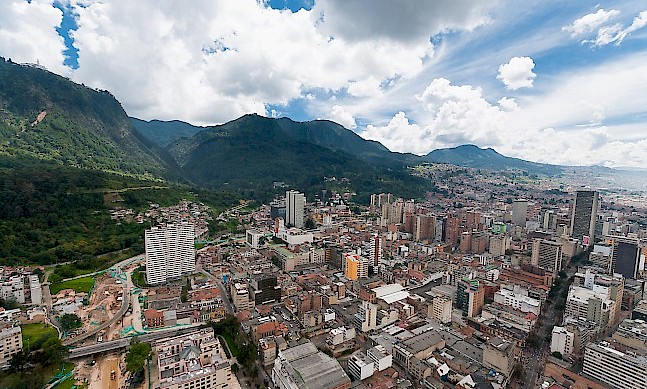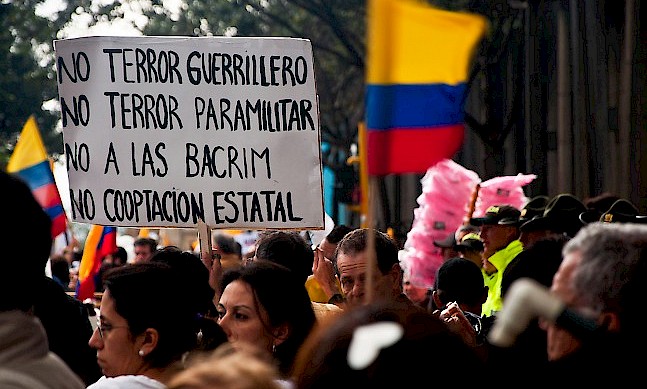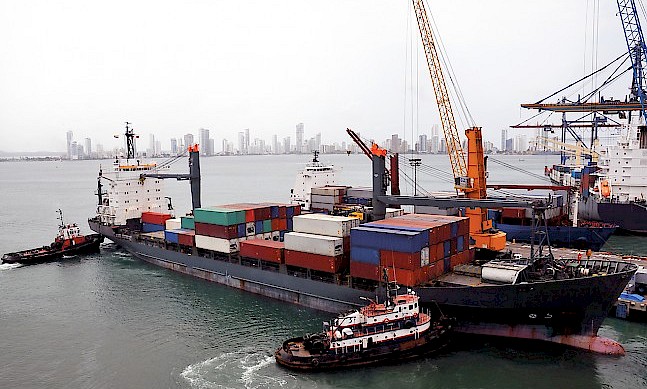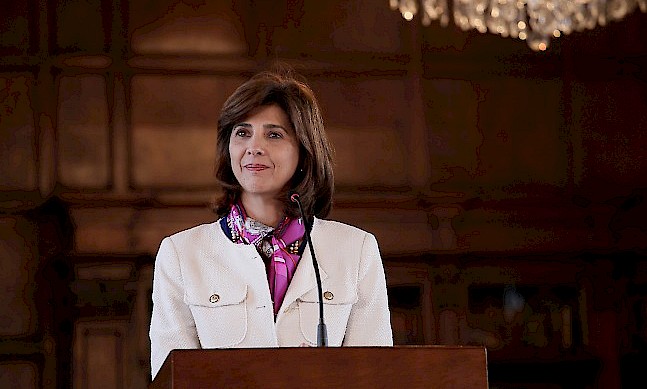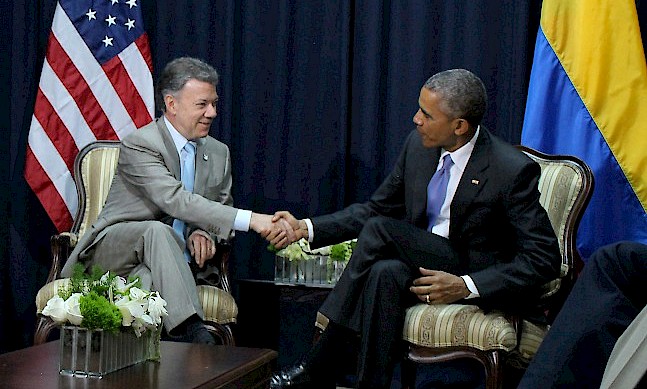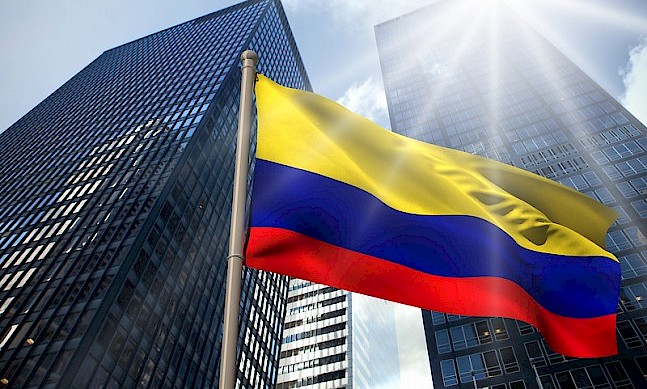As Colombia becomes ever more attractive, its cities are doing all they can to attract investors and visitors.
The flavors and styles of Colombia’s different regions are mostly noted in the food, music and expressions of the residents. As the economy expands, the government in Bogota has been promoting the different parts of the country through its Findeter development agency as places of opportunity for foreign investors while at the same time pushing for the modernization of rural communities.
There are actually six distinctive natural regions in the country, and the identity of the people from these areas is strongly tied to their surroundings. For example, a person from Cartagena, Barranquilla or Santa Marta is referred to as a “costeño”, or coastal resident, while Medellin’s inhabitants are known as “paisas”, which is said to come from the word paisano, meaning “fellow countryman”.
Regardless of which part of the country they are from, Colombians are proud of their national heritage and can become fiercely competitive, as in soccer, when it comes to securing the best opportunities for their communities. One such rivalry is especially true among the mayors of Bucaramanga and Cartagena.
“We welcome large companies who believe in us.”
Luis Francisco Bohorquez Mayor of Bucaramanga
Tweet ThisBacked by a healthy tourist industry, Dionisio Velez Trujillo, mayor of Cartagena, wants foreign companies to set up shop there now that the U.S.-Colombia free trade agreement and the Pacific Alliance trade bloc are taking effect. “We have the best port in the Caribbean, and we are in the midst of a tremendous industrial expansion involving two free zones and the refinery,” he says, adding that he is already seeing growing numbers of American companies expressing an interest in coming to the city.
Meanwhile, in Bucaramanga, mayor Luis Francisco Bohorquez says putting his city on the map has become a government project. “We feel that our indicators speak for themselves: we have the lowest poverty rates in the country and one of the lowest inequality rates. We also rank first in digital technology penetration, which allows us to do a lot of social inclusion work and improve our productivity.” The city is now seeking international proposals for cooperation in solid waste disposal, as well as alliances on issues such as cyber-security, infrastructure and public services. “We welcome large companies who believe in us. This is a safe region, our city has healthy finances, and this has created a climate of trust,” he says.


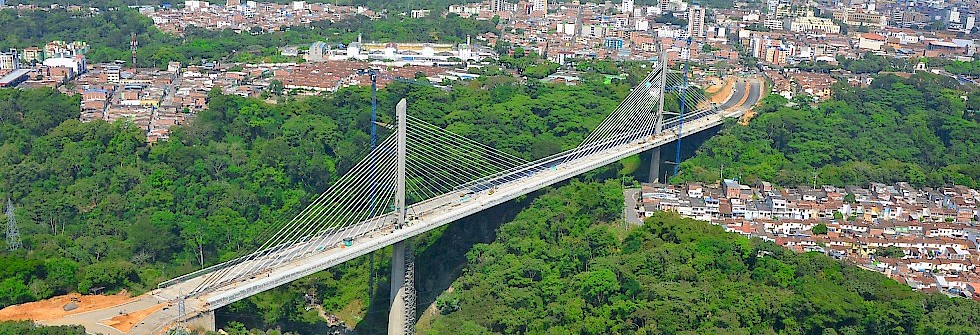 La Novena Viaduct in Bucaramanga. Photo: Office of the mayor of Bucaramanga
La Novena Viaduct in Bucaramanga. Photo: Office of the mayor of Bucaramanga
